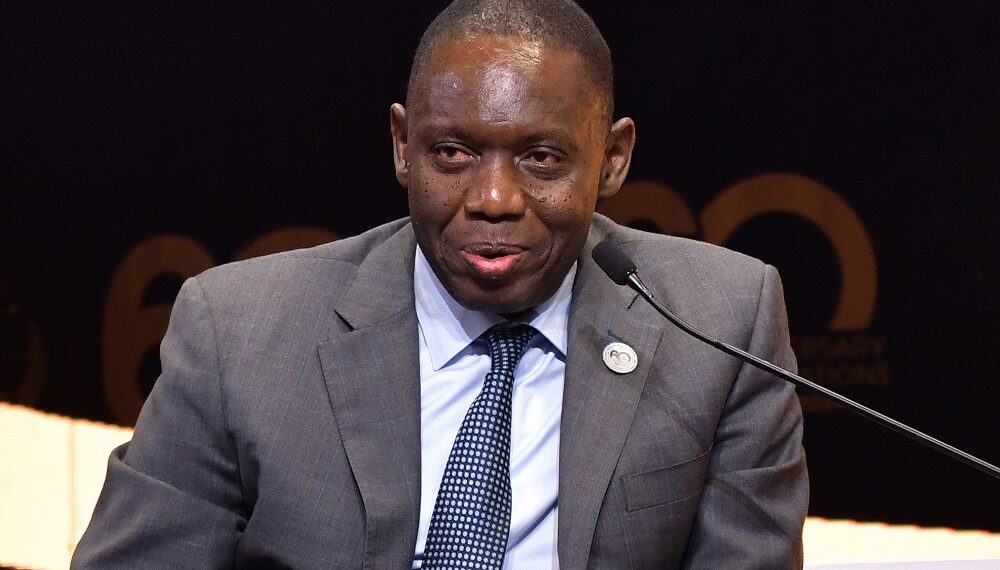Mr. Michael Atingi-Ego and his team at the Bank of Uganda have played a crucial role in steering Uganda’s economy through challenging times, ensuring macroeconomic stability despite external and internal shocks. Under his leadership, the central bank has successfully maintained price stability, a stable exchange rate regime, and controlled inflation, all of which are critical for fostering economic growth and investor confidence.
Despite economic disruptions caused by global events such as the COVID-19 pandemic and the surge in global inflation following the Russia-Ukraine conflict, as well as domestic challenges like weather-related shocks, Mr. Atingi-Ego and his team have effectively navigated these uncertainties. Their prudent monetary policies have contributed to keeping core inflation within the projected range of 4.0 to 5.0 percent over the next four quarters, with expectations of stabilizing around the target in the medium term. Economic growth for the fiscal year 2024/2025 is projected at 6.0 to 6.5 percent, with an optimistic outlook of surpassing 7.0 percent in the coming years.
Born in 1965 in Soroti, Mr. Atingi-Ego holds a Bachelor of Economics degree from Makerere University, a Master of Arts in Economics from Cardiff Business School in the United Kingdom, and a Doctor of Philosophy in Economics from the University of Liverpool. His distinguished career in economic policy and financial management spans both national and international institutions.
He began his journey at the Bank of Uganda in August 1984, steadily rising through the ranks to become the Executive Director of Research. His tenure in the central bank coincided with a tumultuous period when Uganda was grappling with civil war and severe macroeconomic imbalances that fueled inflation and foreign exchange scarcity. His expertise in monetary policy and economic stabilization became even more apparent during his international assignments.
In 2008, he took on a role with the International Monetary Fund (IMF) as Deputy Director of the African Department (AFR) in Washington, D.C., where he contributed to shaping economic policies across the continent. Later, in September 2018, he assumed the position of Executive Director at the Macroeconomic and Financial Management Institute of Eastern and Southern Africa (MEFMI) in Harare, Zimbabwe, further cementing his reputation as a seasoned economist with extensive regional expertise.
On August 3, 2020, he was appointed Deputy Governor of the Bank of Uganda, succeeding Louis Kasekende. At the time of his appointment, the late Governor Emmanuel Tumusiime-Mutebile praised his vast regional and international experience, strong leadership skills, and commitment to advancing the bank’s goals and governance.
Mr. Atingi-Ego’s tenure as Deputy Governor has been marked by a steadfast commitment to maintaining price stability and economic resilience. In his monetary policy statement on February 6, he reiterated that Uganda’s economic growth remains on an upward trajectory, with inflation expected to stabilize around the target in the medium term. His leadership has been instrumental in navigating Uganda’s economy through global and domestic shocks, ensuring that the central bank continues to fulfill its mandate of fostering economic stability and sustainable growth.
As new leadership takes the helm at the Bank of Uganda, one of the key priorities will be to uphold the stability and policy continuity that Mr. Atingi-Ego has diligently overseen. His contributions to Uganda’s economic landscape remain invaluable, and his expertise will undoubtedly continue to shape the country’s financial and monetary policy direction.





